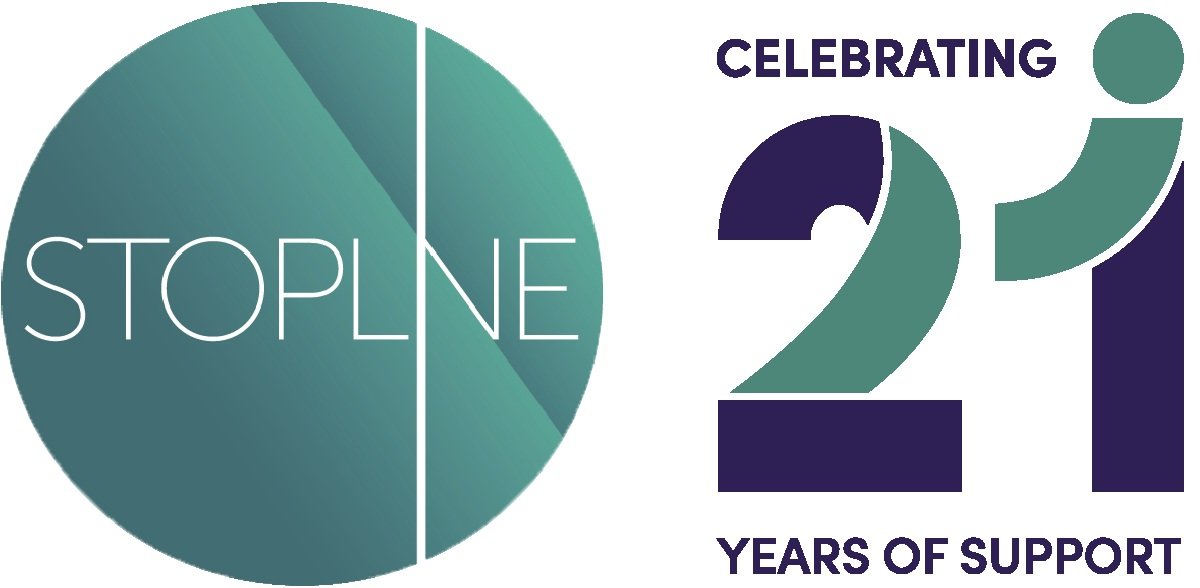What is a conflict of interest?
A conflict of interest arises when an individual's personal or financial interests potentially influence or bias their ability to make objective and impartial decisions in their professional or official capacity. In other words, it is a situation where an individual has competing interests or loyalties that may interfere with their ability to act in the best interests of their organization or the people they serve.
Conflicts of interest can arise in a wide range of contexts, including business, politics, and the public sector. For example, a business executive who owns shares in a company that is a supplier to their own company may be faced with a conflict of interest when deciding on whether to award a contract to that supplier. Similarly, a government official who has financial ties to a company bidding for a government contract may be in a conflict of interest when evaluating the merits of that bid.
Conflicts of interest can compromise the integrity and credibility of individuals and organizations, leading to mistrust, legal or ethical violations, and reputational damage. It is important for individuals and organizations to identify and manage conflicts of interest to ensure that decisions are made in an objective and impartial manner. This may involve disclosure of potential conflicts, recusal from decision-making, or other measures to ensure transparency and accountability.
